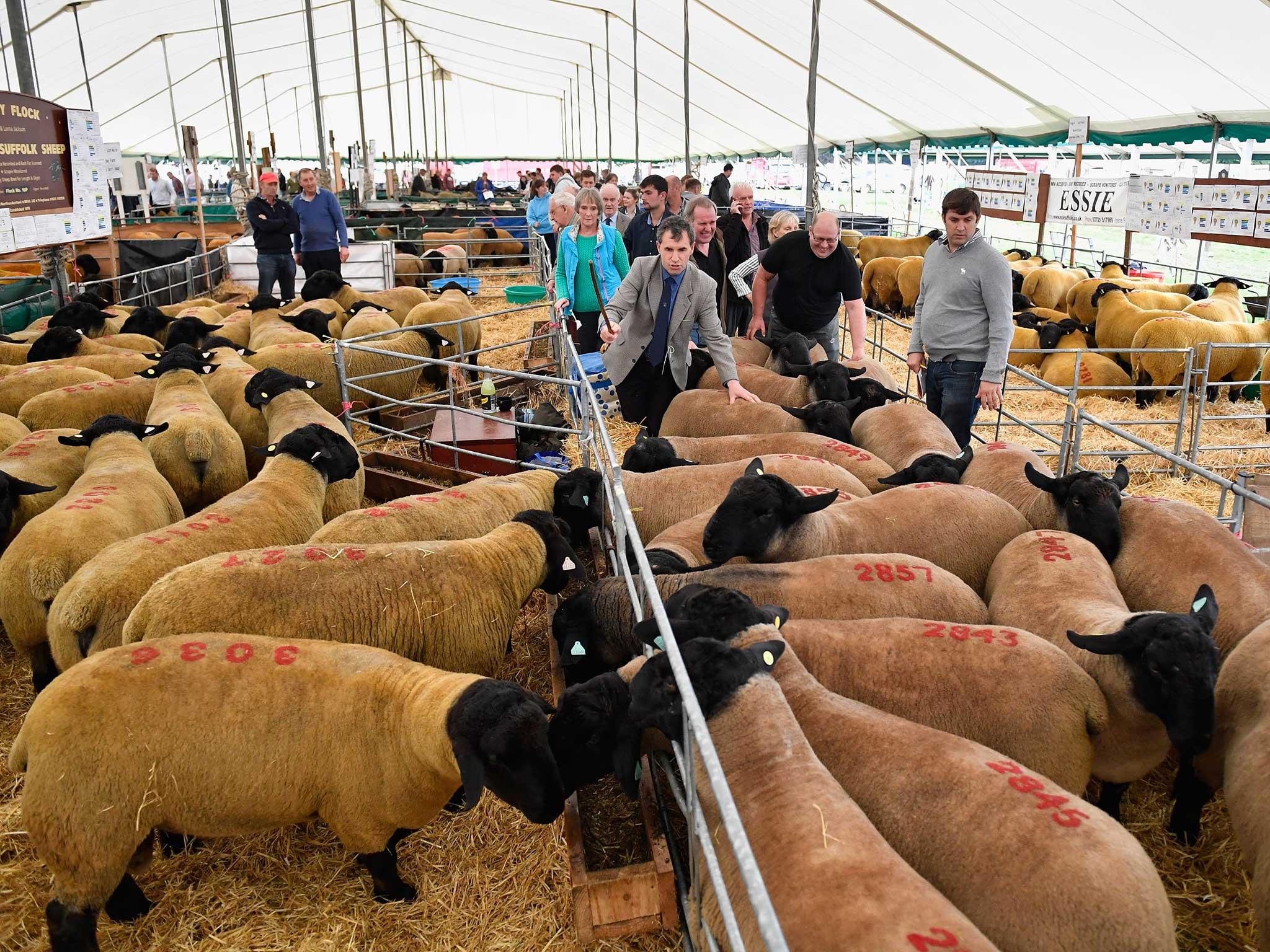Living with animals is good for your health, study suggests
Adults who grew up on a farm were less likely to have allergies with the women also showing 'significantly higher' lung function

Your support helps us to tell the story
From reproductive rights to climate change to Big Tech, The Independent is on the ground when the story is developing. Whether it's investigating the financials of Elon Musk's pro-Trump PAC or producing our latest documentary, 'The A Word', which shines a light on the American women fighting for reproductive rights, we know how important it is to parse out the facts from the messaging.
At such a critical moment in US history, we need reporters on the ground. Your donation allows us to keep sending journalists to speak to both sides of the story.
The Independent is trusted by Americans across the entire political spectrum. And unlike many other quality news outlets, we choose not to lock Americans out of our reporting and analysis with paywalls. We believe quality journalism should be available to everyone, paid for by those who can afford it.
Your support makes all the difference.Growing up on a farm appears to be good for you, according to new study.
Researchers found adults who lived on a farm when they were young had a lower risk of allergies and the women also had stronger lungs than those who grew up in urban or rural areas.
The academics commented on the remarkable “consistency” of the effect across 14 different countries, saying this supported the idea that it was due to some kind of “biological mechanism”.
The study drew on the European Community Respiratory Health Survey II, which included more than 10,000 people aged 26 to 54 from 13 countries in Europe plus Australia between 1998 and 2002.
‘Farm kids’ were 54 per cent less likely to have asthma or hay fever and 57 per cent less likely to have allergic nasal symptoms than their urban counterparts.
Those who grew up in a village were 26 per cent less likely to be sensitised to allergens than city dwellers.
Women who grew up on a farm had “significantly higher” lung strength, according to an article in the journal Thorax.
The researchers, from Australia, the UK and several other European countries, suggested that the reason behind the effects was greater contact with animals and the microbes that live on and around them.
The idea is that human immune systems have evolved over thousands of years of close contact with animals, a factor that modern lifestyles have significantly reduced.
“It is possible that prolonged contact with unique farm exposures such as livestock with extensive microbial diversity are unmatched by any exposure in the inner city,” the researchers wrote in the paper.
“These findings further support the role of both load and diversity in environmental exposures in the development of allergic diseases, as proposed by the ‘microbial diversity hypothesis.’”
Farmers’ children also tended to have greater contact with dogs and cats and were more likely to share a bedroom with siblings, they added.
The fact that different countries showed similar trends supported the idea that there is a physical effect, rather than a social one.
“The consistency of the findings across multi-country settings suggests that farming effects may be due to biological mechanisms rather than socio-cultural effects that would differ between countries.”
Join our commenting forum
Join thought-provoking conversations, follow other Independent readers and see their replies
Comments